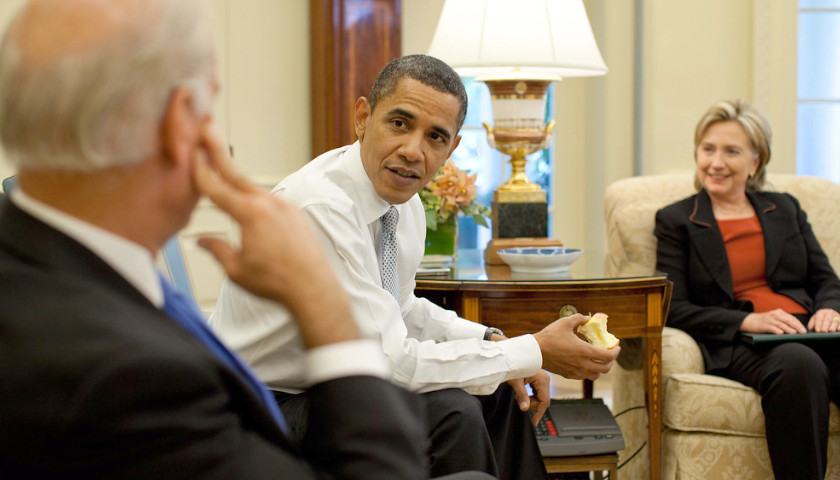by Scott McClallen
Proposed new legislation would require government entities to get a warrant before accessing electronic information.
The House Judiciary Finance and Civil Law Division on Tuesday recommended the bill be moved to the General Register.
Filed by Rep. John Lesch, DFL- St. Paul, HF 3010 aims to close what critics call a loophole under current state law that allows law enforcement to access the content of emails without a warrant if the emails are dated six months or older.
The bill, if passed, would require government entities to obtain a warrant for all electronic information, regardless of age.
Julia Decker, policy director for the American Civil Liberties Union (ACLU) of Minnesota, testified in favor of the bill.
“Warrantless surveillance … threatens personal privacy rights and civil liberties, and so the ACLU of Minnesota supports a threshold warrant for all emails, regardless of how old they are,” Decker said.
The warrant requirement wouldn’t apply under exigent circumstances, such as immediate danger to someone’s life or physical safety.
The bill adds a new reference that seeks to shield an electronic communication service provider from liability for disclosing information to a governmental entity.
Lloyd Grooms, representing Google, said the bill language was vague. Grooms said the bill as written could be construed to allow a government entity to obtain an electronic communication without a warrant “if that agency has valid consent from one authorized to give.”
Grooms said that was an ambiguous clause and offered an amendment of narrower scope “of the consent of the customer or subscriber.”
Drew Evans, representing the Bureau of Criminal Apprehensions, raised concerns if only a parent account holder could give consent, but there were multiple subscribers on that one account.
Lesch said the committee planned to wait so the committee and stakeholders could work out specific language and possibly offer an amendment when the bill is moved to the House floor.
ACLU Minnesota said that the loophole wasn’t originally intended.
“Collecting data without a warrant allows law enforcement to sidestep our due process protections and our privacy,” ACLU Minnesota said in a statement.
“The Founding Fathers recognized that citizens in a democracy need privacy for their ‘persons, houses, papers and effects. That remains as true as ever today. Minnesotans deserve no less protection when their ‘papers and effects’ are stored electronically.”
A companion bill, SF 3071, was referred to the Judiciary and Public Safety Finance and Policy on February 13.
The Michigan Senate passed similar legislation in December.
– – –
Scott McClallen is a staff writer covering Michigan and Minnesota for The Center Square. A graduate of Hillsdale College, his work has appeared on Forbes.com and FEE.org. Previously, he worked as a financial analyst at Pepsi.




